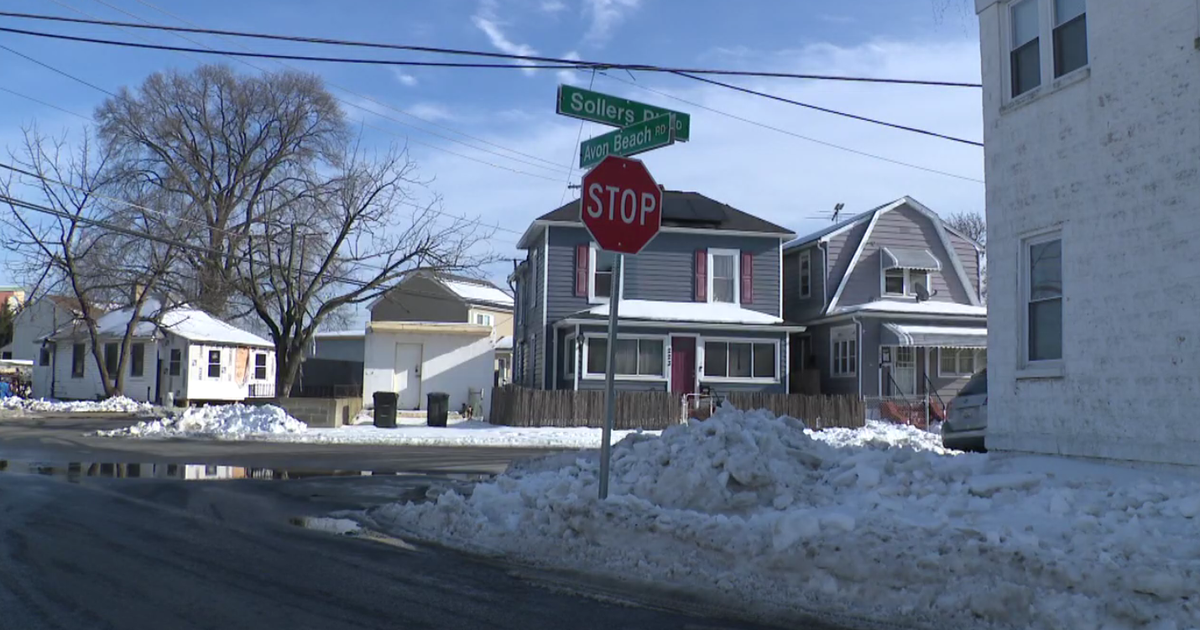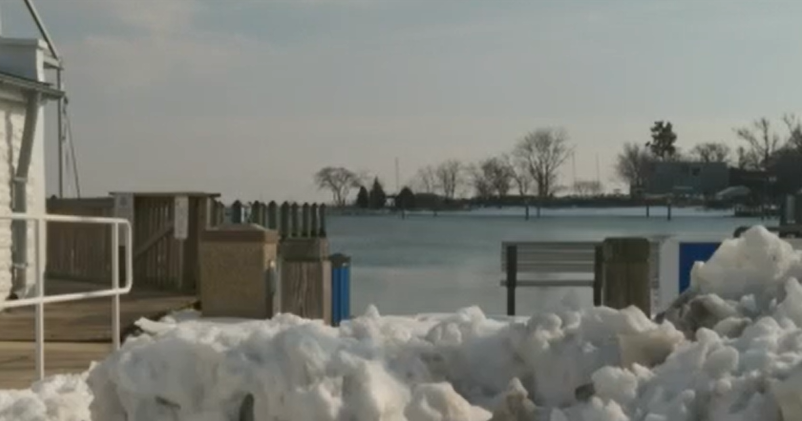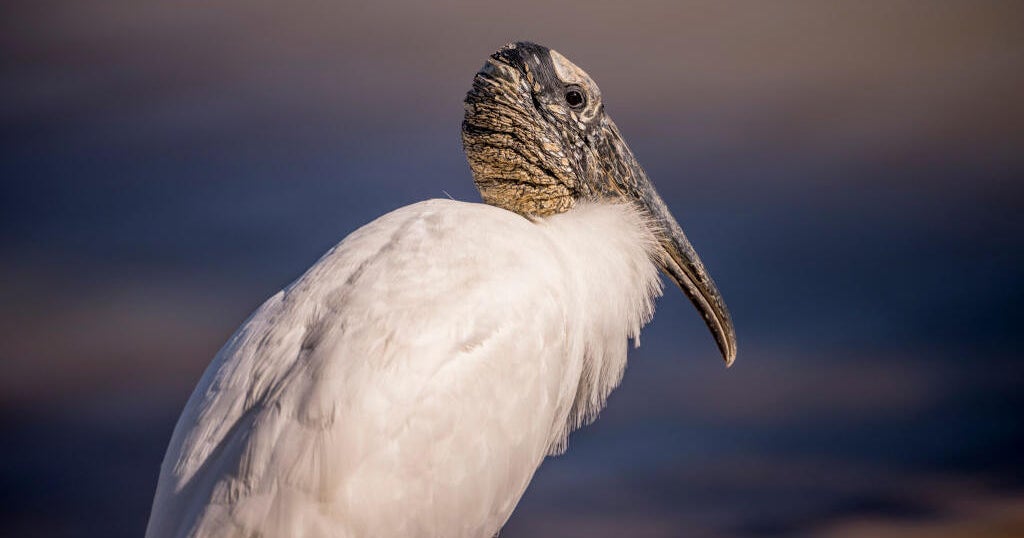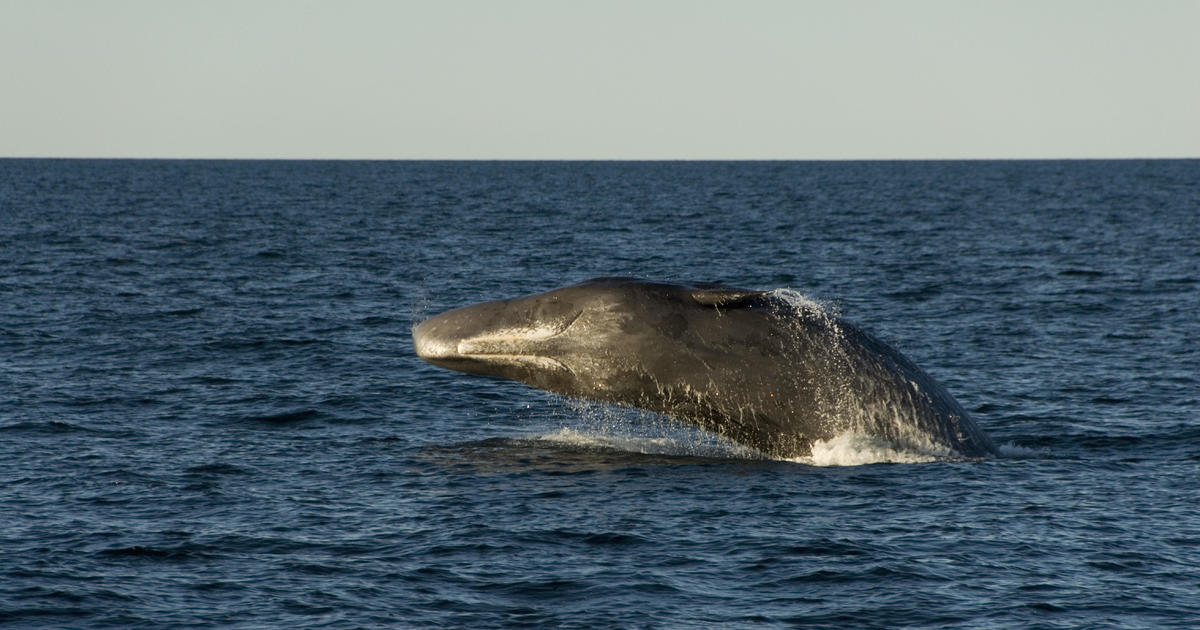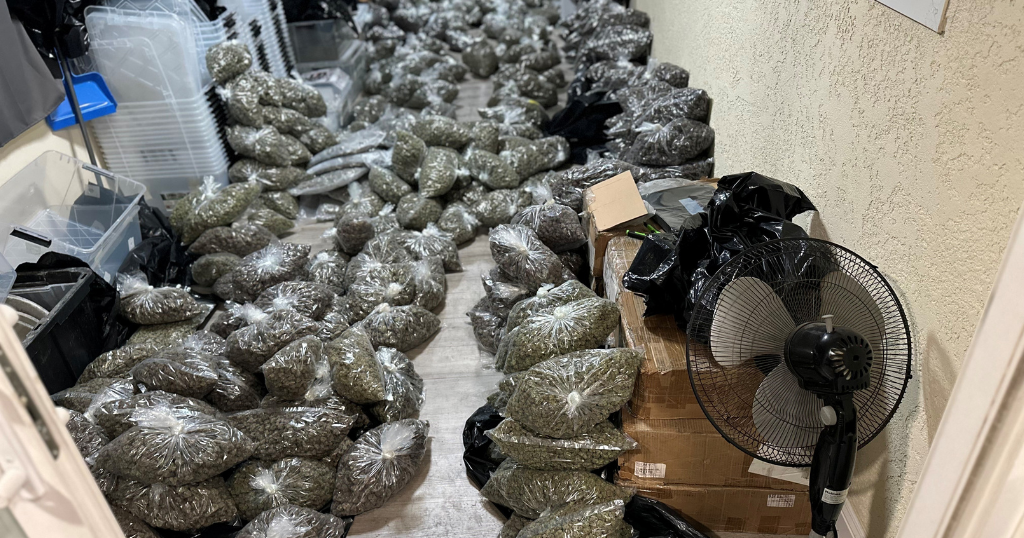Black Duck Population Is Declining In The Chesapeake Bay
BALTIMORE (WJZ) — A few months from now, waterfowl will migrate from the north to the Chesapeake to over-winter.
Alex DeMetrick reports it turns out that migration is shrinking.
At the Patuxent Wildlife Research Center, black ducks are at the center of a mystery. Why are fewer of them over-wintering in the Chesapeake?
"What's going on? What's the cause? And what can we do to help?" said Dr. Alicia Berlin, research wildlife biologist.
About 200,000 black ducks used to over-winter in the Chesapeake. That number is now down to 37,000.
For all waterfowl migrating to the bay, the decline has gone from three million birds in winter to one million birds today.
The Blackwater Refuge will be part of that study. Researchers already know:
"They're sort of smashed between the bay rising due to climate change and also land use change where development's pushing in on them," said Berlin.
And that impacts sources for food. For black ducks, that diet is primarily sub-aquatic vegetation, or SAVs, much of it lost to pollution and poor water quality.
And with that loss of SAV there's been a loss in food resources. For black ducks, canvass backs is a big one. Red heads. Those are all having to change their food habits to accommodate this loss in SAV," Berlin said.
Research has found diving ducks, which feed off muscles attached to oyster reefs, are finding less to eat in the bay because there are fewer oysters.
Black ducks and other birds might indicate how well oyster and SAV restoration efforts are working.
"They are what we'd consider a species we can look at to see if any of our changes in the habitats and the other aspects of the bay are helping," Berlin said.
Black ducks are at the center of bay restoration efforts. A target date of 2025 has been set to increase their numbers, which would indicate a healthier bay has been established.
